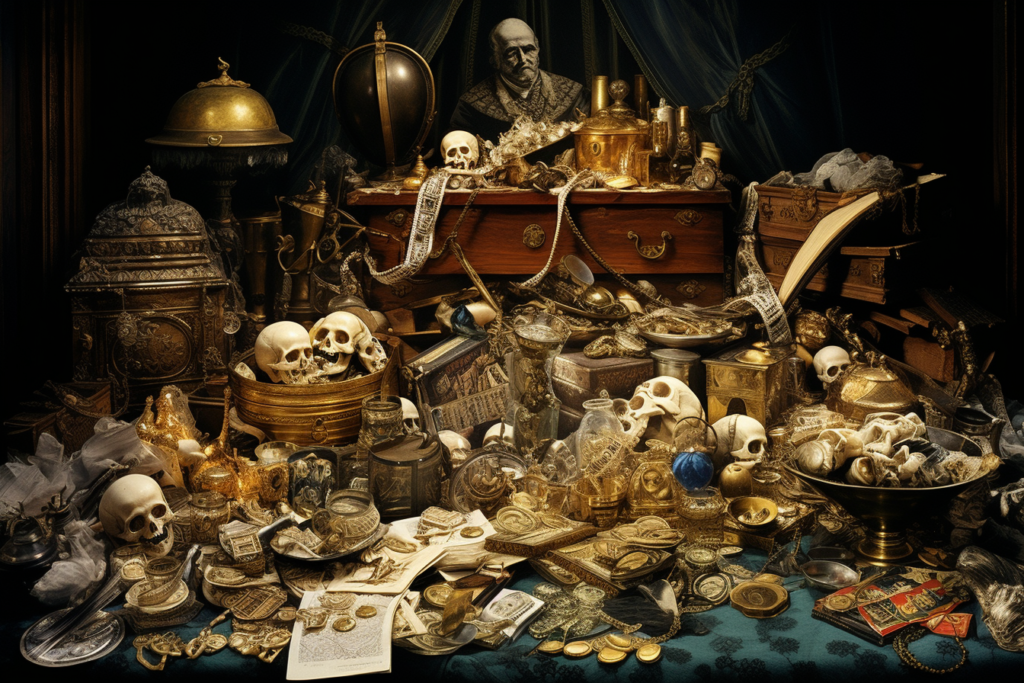Greed is a human trait characterized by a desire for more wealth, possessions, power or resources than is necessary. Greed involves the selfish pursuit of personal gain, often at the expense of others or without regard for the well-being of others. Greed can manifest itself in many aspects of life, from material wealth to influence and control.
Greed is essentially an excessive attachment to material, i.e. temporal, things of this world. It can lead individuals to prioritize their own interests over the needs of others and to engage in unethical or even harmful behavior in order to achieve their goals. This can have a range of negative consequences for both the individual who shows greed and for society as a whole.
Greed is seen as a negative and destructive force because it can encourage people to take advantage of others, engage in dishonest practices and disregard ethical principles. It can foster an environment of inequality, injustice and unethical behavior. Moreover, the relentless pursuit of material gain, driven by greed, can lead to personal dissatisfaction and a sense of emptiness because the desire is not truly satisfying.
Understanding and addressing greed requires developing self-awareness, i.e. learning and exploring our true desires and needs. This includes recognizing the harmful effects of excessive desire for wealth and striving to develop qualities such as contentment, generosity and empathy. Overcoming greed involves a conscious effort to prioritize values and principles that promote well-being, justice and the greater good for oneself and for society as a whole.
Human happiness does not require much. Start by identifying the things that truly make you happy and the list will quickly shrink to a minimum.




